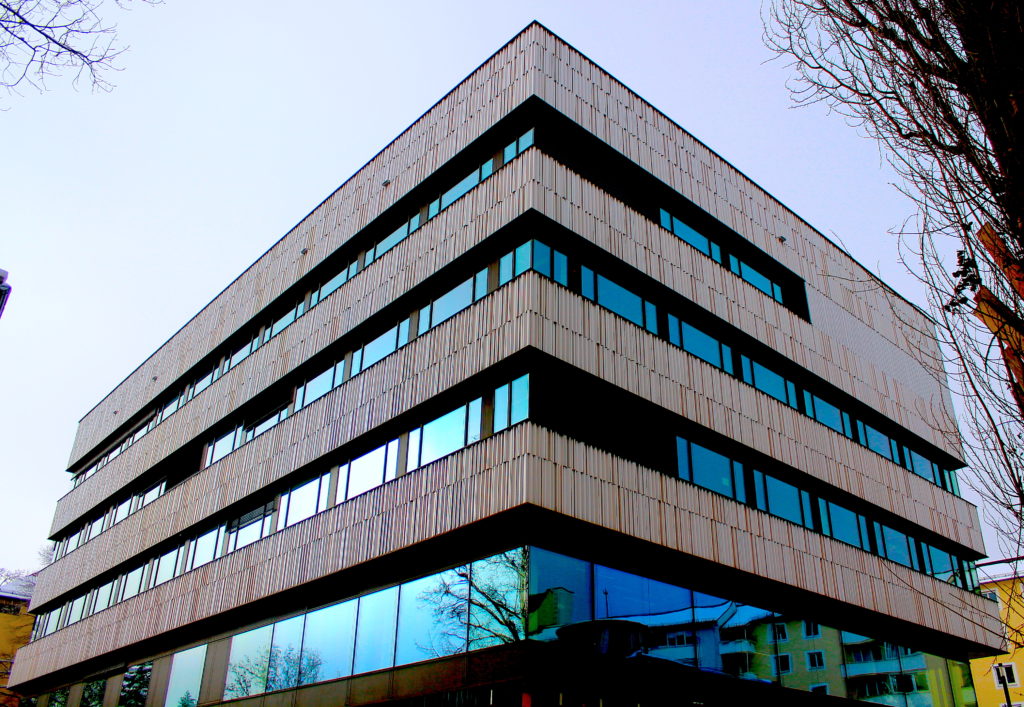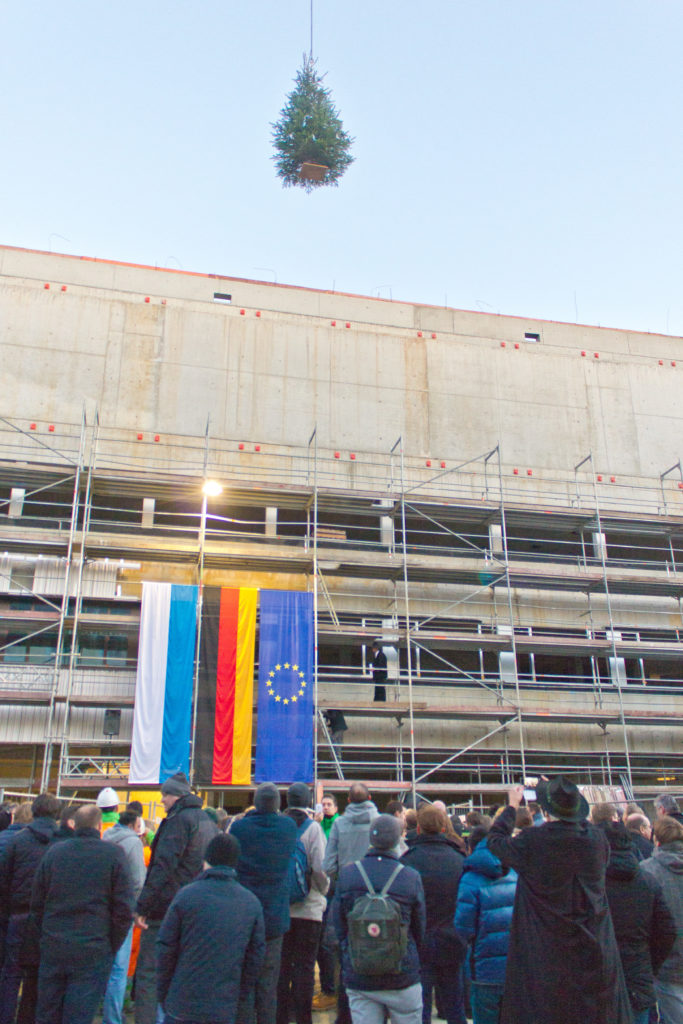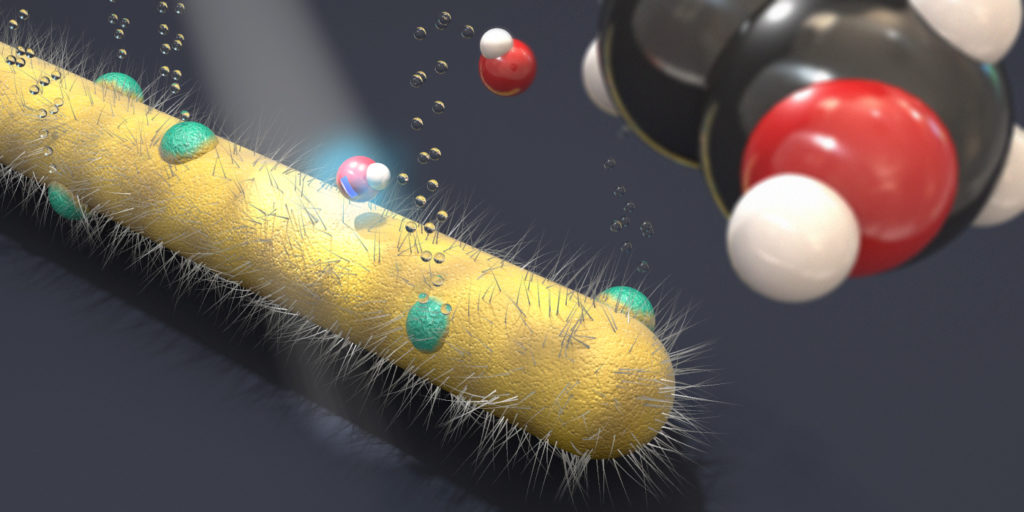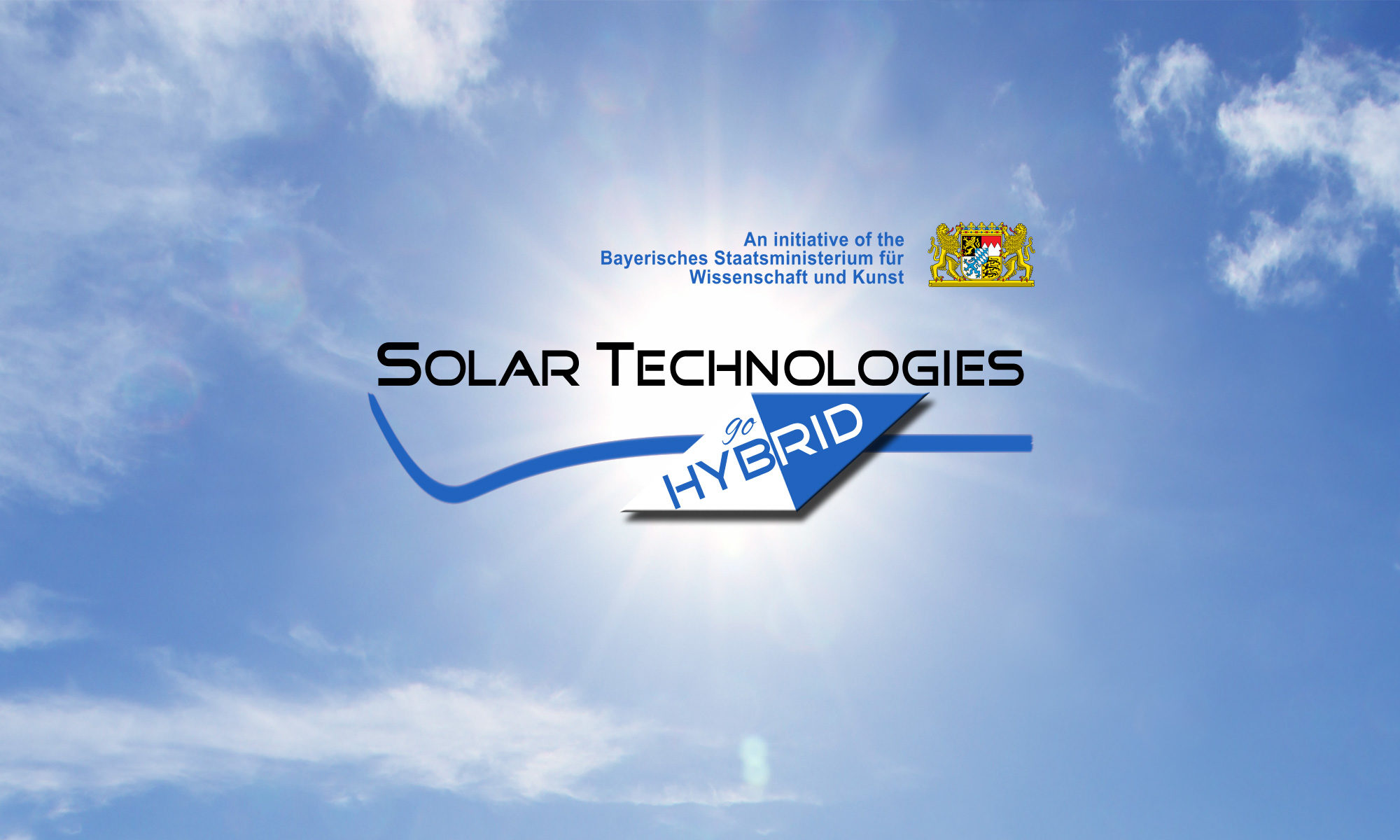The Nano-Institute Munich is a new research building located in the city center of Munich on the edge of the Englischer Garten. The building, which was financed predominantly within the framework of the SolTech program, will open its doors in 2019. Cutting-edge laboratories provide excellent surroundings for pursuing innovative top-down and bottom-up strategies in nanoscience and for energy-conversion processes.

Altogether, the building offers approximately 6000 m² of space and houses an interdisciplinary combination of clean room and nanofabrication facilities, synthetic chemistry and bio-oriented labs, a variety of high-resolution microscopy gadgetries and high-end ultrafast spectroscopy setups. The development of novel nanostructures to enable innovative electronic, optical, optoelectronic and photocatalytic device solutions lies at the heart of the research pursued at the Nano-Institute Munich. Likewise, a comprehensive understanding of microscopic electronic, vibronic and chemical processes is a prerequisite for accomplishing ambitious goals such as realizing efficient conversion from solar to chemical energy (artificial photosynthesis).

The building hosts the newly installed Chair for Hybrid Nanosystems led by Prof. Stefan Maier and the Chair for Photonics and Optoelectronics led by Prof. Jochen Feldmann. Prof. Emiliano Cortes and Prof. Alexander Urban, two new tenure- track professors equipped with ERC Starting Grants, are currently setting up their own research groups in the building. The building also considerably strengthens the research pursued in the Clusters of Excellence Nanosystems Initiative Munich and e-conversion.

Equally important, the architecture of the building offers a transparent and highly communicative working atmosphere. A variety of meeting and discussion points as well as seminar and workshop areas will foster lively scientific discussions supported by the omnipresent view to the Englischer Garten. The central location of the Nano-Institute Munich in the heart of Munich will enable easy contacts to and discussions with the public, a factor that is becoming more and more important in light of rapidly changing technologies and threatening environmental conditions, which both leading to societal challenges not experienced previously.
